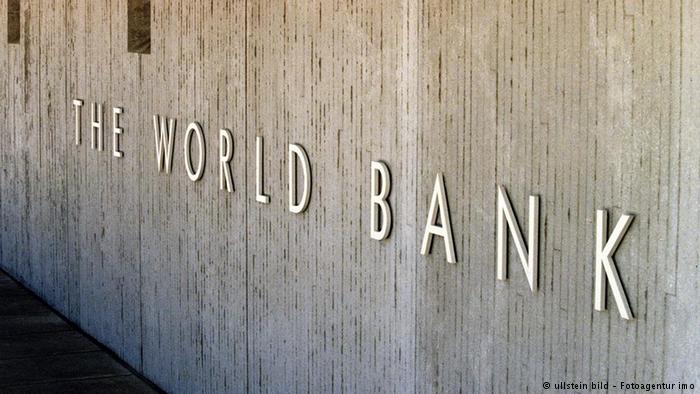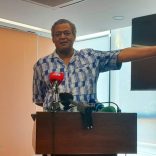Mozambique signs $20 billion agreement with Qatar's Al Mansour Holdings - Photos
CIP researcher calls for transparency in management of World Bank resources in Mozambique

DW / The World Bank is expected to resume financial support to Mozambique this year, but researcher Celeste Banze says mismanagement of resources could jeopardize the positive effects of investments.
The World Bank will resume financial support to Mozambique by the end of this year, investing approximately EUR1.9 billion in the country over the next five years. But will this be the light at the end of the tunnel in the country’s current crisis?
Mozambique Public Integrity Centre (CIP) finance researcher Celeste Banze says the resumption of foreign investment may have positive effects on the economy, provided there is government transparency and greater control of the funds on both sides.
According to Banze, the Mozambican state already has a poor record with World Bank resources. Due to mismanagement of resources, investments have failed to achieve their main objective: poverty reduction, Banze says.
Read the interview in full:
DW Africa: Do you think the resumption of World Bank financial support, valued at US$2 billion (approximately EUR1.9 billion), will boost the Mozambican economy and help generate resources for the repayment of public debt?
Celeste Banze (CB): Yes, I believe so. This help is always welcome as far as the country’s anti-poverty activities are concerned. The big problem that we have to overcome is these funds having the same fate as the other funds that were previously channelled by the World Bank in Mozambique.

However, there is a greater commitment on the part of the government to supervise these funds, in order to make them transparent. It is important to say what actions will be taken when receiving these funds – how will they be spent. It is important that there is a greater participation of the actual beneficiaries of this funding, because it is no good receiving the funds and saying, “We are going to implement activities aimed at boosting production”; it is important to know exactly where these funds will be allocated. It is important that there is transparency in this process, because we already have experience of funds channelled by the World Bank, and we still have not reached the goal, which is poverty reduction.
DW Africa: The World Bank has acknowledged that past investments did not improve the living conditions of the Mozambican population. With the resumption of investments, the main focus will be on reducing poverty. How do you evaluate this new focus?
CB: The World Bank’s main vision is precisely to reduce poverty. All funds have always been for the purpose of combating poverty. So at this point, it is important to note that in addition to receiving the funds, the government has to adopt a [different] attitude. It has already been shown that in recent years there have been major failures in terms of transparency, in terms of accountability. It is important that the government is more transparent now; that it supervises, and that the World Bank itself monitors how these funds are spent better. We have to learn from the mistakes of the past. The big problem in the past is that there was a lack of supervision, a lack of commitment on the part of the government to really fight poverty.
DW Africa: The Mozambican Debt Group says that the country should not pay the hidden debts, and that the banks that brokered the transactions should be responsible for the payment, since the loan was contracted without the approval of the National Assembly [parliament]. Do you think this is a sustainable argument?
CB: I think the country is in default, mainly because of these commercial debts. For now, the audit being conducted by Kroll, and the result being reported this month is what will show what actually happened to these funds, which will dictate the reactions that the country will have, especially regarding the accountability of the main beneficiaries of this debt.
DW Africa: What would a sustainable way out of Mozambique’s economic crisis look like?
CB: Production. To stop believing that we will always have help. The big problem is that the country is has lost confidence, and now that the usual budget support has stopped, nod we are now feeling the harmful effects. So, producing, the country becoming self-sufficient … This is the sustainable way to get out of this crisis.
DW Africa: Apart from the lack of foreign investment, what stops Mozambique producing?
CB: I think it’s the lack of transparency. It’s corruption, lack of accountability. It is important that, first, the [budget] execution of public expenditure be conducted in a transparent way. That’s the best way for us to have a sustainable production.












Leave a Reply
Be the First to Comment!
You must be logged in to post a comment.
You must be logged in to post a comment.